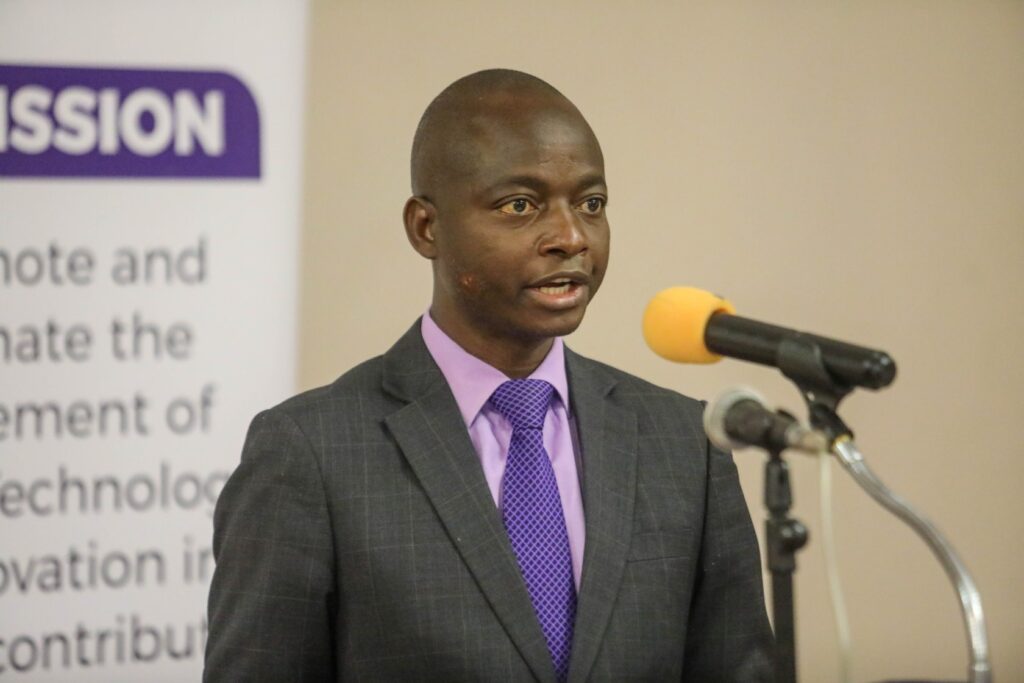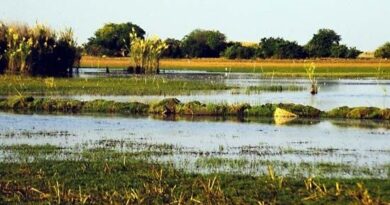Zambia Charts Path Towards National Research Agenda 2026–2030
The Ministry of Technology and Science has begun consultations on the formulation of Zambia’s National Research Agenda (NRA) for the period 2026–2030, in a move designed to transform the country’s research landscape.
Officiating at the stakeholder consultation in Lusaka this morning, Permanent Secretary Eng. Dr Brilliant Habeenzu underscored the importance of the process, describing it as a crucial collaboration between government, researchers, industry, and civil society. The meeting, held at the Taj Pamodzi Hotel, seeks to ensure that the NRA is responsive to Zambia’s developmental priorities.
Dr Habeenzu highlighted that the new agenda will shift the focus from research conducted merely for publication towards research that delivers transformative impact. “Evidence-based research is the foundation for addressing pressing challenges such as food security, energy crises, and climate change,” he said.
The NRA will be aligned with key national frameworks, including the 8th National Development Plan, the 2025 Technology, Science and Innovation Policy, and recent presidential directives emphasising value addition, industrialisation, and climate resilience.
Zambia currently invests less than 0.3 per cent of GDP in research and development, far below the 1 per cent benchmark observed in countries that have achieved significant innovation and economic growth. Dr Habeenzu called for greater commitment to building a robust research ecosystem that can unlock Zambia’s potential.
The consultation also outlined Zambia’s ambitious economic and sectoral targets for 2030, such as increasing copper production to 3 million metric tonnes, expanding the national cattle herd from 5.1 million to 7.4 million, generating at least USD 1 billion annually from beef exports, and producing 10 million tonnes of maize alongside higher outputs of wheat and soybeans.
Dr Habeenzu stressed that the NRA must act as a “living framework” that enhances collaboration between research and industry, creating economic value and driving innovation in agriculture, mining, renewable energy, and health technologies.
Participants were urged to critique and refine the zero draft of the agenda to ensure it not only meets Zambia’s national context but also integrates with regional and global research priorities.
The consultation continues until 4 September 2025.



